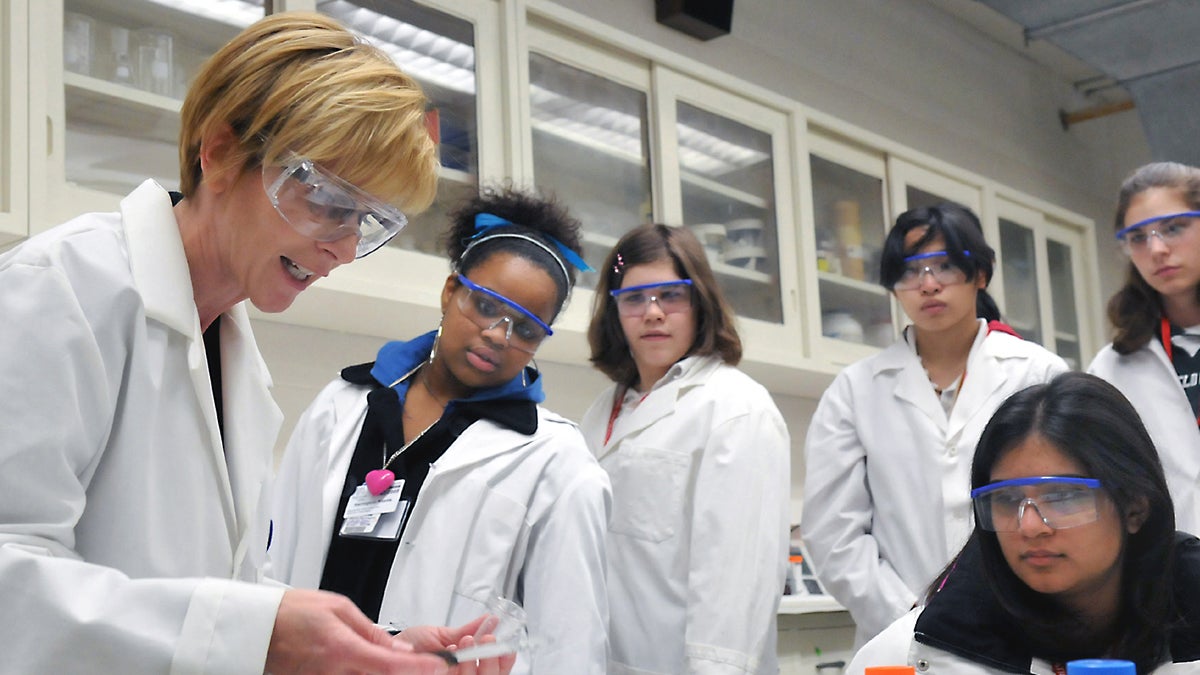Gender bias in science, and the bias on that bias
Listen
There are fewer women in STEM fields than men. One study looked at that hiring disparity
A recent study conducted by a psychologist from Montana State University found that there is a gendered bias towards studies about gendered bias in science, technology, engineering and math fields.
Bethany Brookshire, also known as SciCurious, and Pulse host, Maiken Scott, delved into that study, which asked the sticky question: “Is there a bias about the way people look at studies about bias?”
“In general, people don’t hate on these [gendered bias] studies,” Brookshire said. Though, the Montana State study found that one field, in particular, stood out.
“In science fields, male academics viewed studies about gender bias with bias. They liked them less,” said Brookshire.
The opposite finding, that women tend to support studies that align with their experience, was also considered.
“There could be confirmation bias at work here,” said Brookshire. “This is something that women experience here in their daily lives all the time and so these women are going to look at these studies and go ‘of course!'”
Though that argument is fairly weak when you remember that academics from non-STEM fields look at gender bias studies with no bias.
So what does it mean?
According to Brookshire, there’s a follow-up study that tested an intervention model for different hiring committees. They stressed that bias isn’t intentional but one should be able to spot when they are being biased.
“If a hiring committee got an intervention on how to recognize bias, they were 6.3 times more likely to offer an academic position to a woman and the women were more likely to accept,” said Brookshire.
But one would have to consider the inquisitive nature of science in general. Could the bias towards gender-biased studies be justified?
“Scientists are people, just like everybody else,” Bethany said. It takes a while for people to accept something that they would initially disagree with. For example, the way people reacted when the World Health Organization confirmed the carcinogenic effects of bacon.
As someone who spends a good deal of time analyzing the studies of other individuals, Brookshire explains how she analyzes studies that might cause her to quickly respond both negatively and positively.
“I have to stop and say, okay, calm down,” she said. Then, she would approach the study again with a new eye. “It takes practice to do that critical thinking every time you read a study.”
WHYY is your source for fact-based, in-depth journalism and information. As a nonprofit organization, we rely on financial support from readers like you. Please give today.



